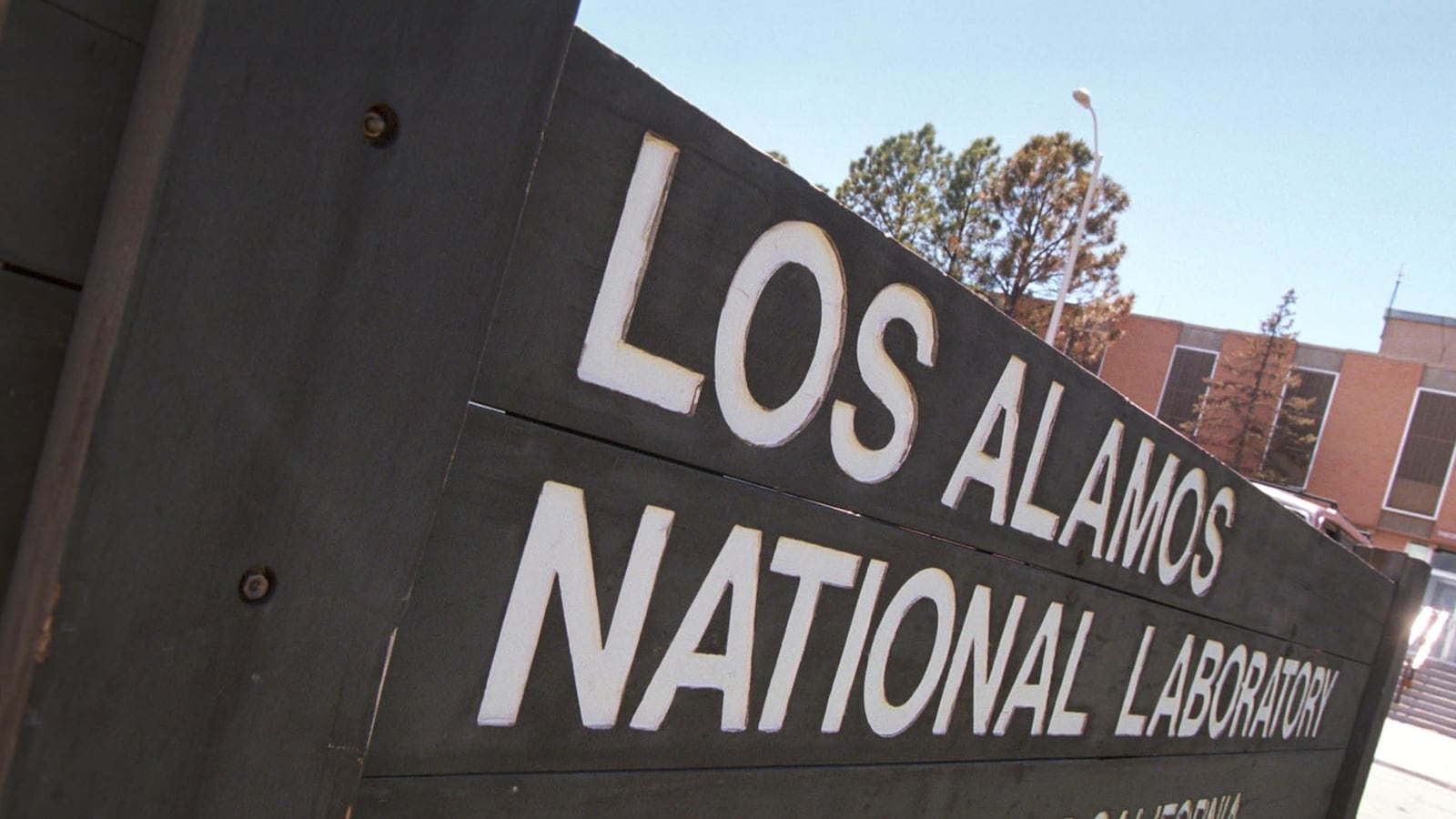This story was published by The Center for Public Integrity, a nonprofit, nonpartisan investigative news organization in Washington, D.C.
By Douglas Birch
A senior Energy Department official has requested a special probe of claims by a U.S. nuclear weapons analyst that one of the nuclear weapons laboratories canceled his security clearances and fired him as punishment for publishing a critique of long-standing U.S. weapons policy.
The request by Under Secretary for Nuclear Security Frank Klotz for an inquiry by the DOE inspector general into the dismissal in July of James E. Doyle by Los Alamos National Laboratory was disclosed in a September 15 letter from another department official to Doyle’s attorney, Mark Zaid.
In the letter, Poli Mamolejos, director of the DOE’s Office of Hearings and Appeals, wrote that DOE’s “senior leadership takes the issue you raise seriously, and will not tolerate retaliation or dismissals of employees or contractors for the views expressed in scholarly publications.”
Doyle, a political scientist, was fired in July, shortly after the Center for Public Integrity inquired about the department’s handling of an article he published in the British journal Survival that challenged the tenets of nuclear deterrence and supported President Obama’s call for movement toward a nuclear weapons-free future.
That message conflicted with the laboratory’s principal work developing nuclear weapons, but the laboratory’s security experts cleared it for publication. Then, after hearing complaints from a Republican staff member of the House Armed Services Committee, more senior laboratory officials opted to classify the article retroactively, dock Doyle’s pay, and cancel his clearances.
In the letter, Marmolejos wrote that Klotz had asked the inspector general, Gregory H. Friedman, to examine whether Doyle’s termination “resulted, in whole or in part, from the publication in question or the views expressed in it.”
Marmolejos said Secretary of Energy Moniz had delegated the review of Doyle’s 2013 whistleblower case to Deputy Secretary Daniel Poneman. Poneman, Marmolejos said, had ruled against Doyle’s claim that Los Alamos had “improperly classified” his article in violation of the rules governing government secrecy.
Poneman essentially upheld Marmolejos’s earlier decision, which ruled that Doyle’s appeal didn’t meet the department’s standard for whistleblowers because it didn’t disclose “substantial” law-breaking by the lab.
Reached by phone while on vacation in New Mexico, Doyle said he had not yet seen Marmolejos’s letter and would study it when he had a chance. He said he was concerned that the ruling that his article was properly classified could make it more difficult for him to pursue his claim of retaliation by the lab.
Zaid said he was disappointed by the ruling in the whistleblower case. “They simply rejected everything we argued on the basis that they rejected everything we argued,” he said. “They simply said, ‘We don’t agree.’” But Zaid called the decision to refer the case to the inspector general welcome. “I would say it is recognition by the DOE of the sensitivity of the issues surrounding Jim’s termination,” he said.
Zaid said Doyle would file another whistleblower complaint challenging his termination, an issue not covered in the original case decided Monday. The lawyer said Doyle also planned to pursue an appeal of the classification of his article with the National Archives’ Information Security Oversight Office.
Klotz, meanwhile, sent a letter to the Federation of American Scientists confirming that he was asking the inspector general to review Doyle’s case and saying the DOE “fully subscribes to the principle and importance of academic freedom at our laboratories, and will not tolerate retaliation against nor dismissal of employees or contractors based on the opinions they express in scholarly publications and presentations.”
Klotz also said the DOE would review and, if necessary, clarify standards for reviewing scholarly articles for possible classified content prior to publication, in response to the Federation’s expression of concern about the handling of Doyle's case.
None of the others involved—Friedman and officials at Los Alamos, or their spokesmen—returned phone calls seeking comment Monday. Last year, Los Alamos officials told Doyle that his article should never have been cleared for publication. When he was terminated in July, he was told he was being laid off as part of a program of staff reductions prompted by budget concerns.
“By handing it off to the inspector general, they are creating the possibility of an impartial review,” said Steven Aftergood, director of the Project on Government Secrecy at the Federation. “I think that’s a positive step, because it takes it out of the narrow framework of regulatory compliance and addresses the core question: Was he retaliated against? And are there procedures in place to protect the independence and intellectual integrity of employees, especially at the national labs?”






